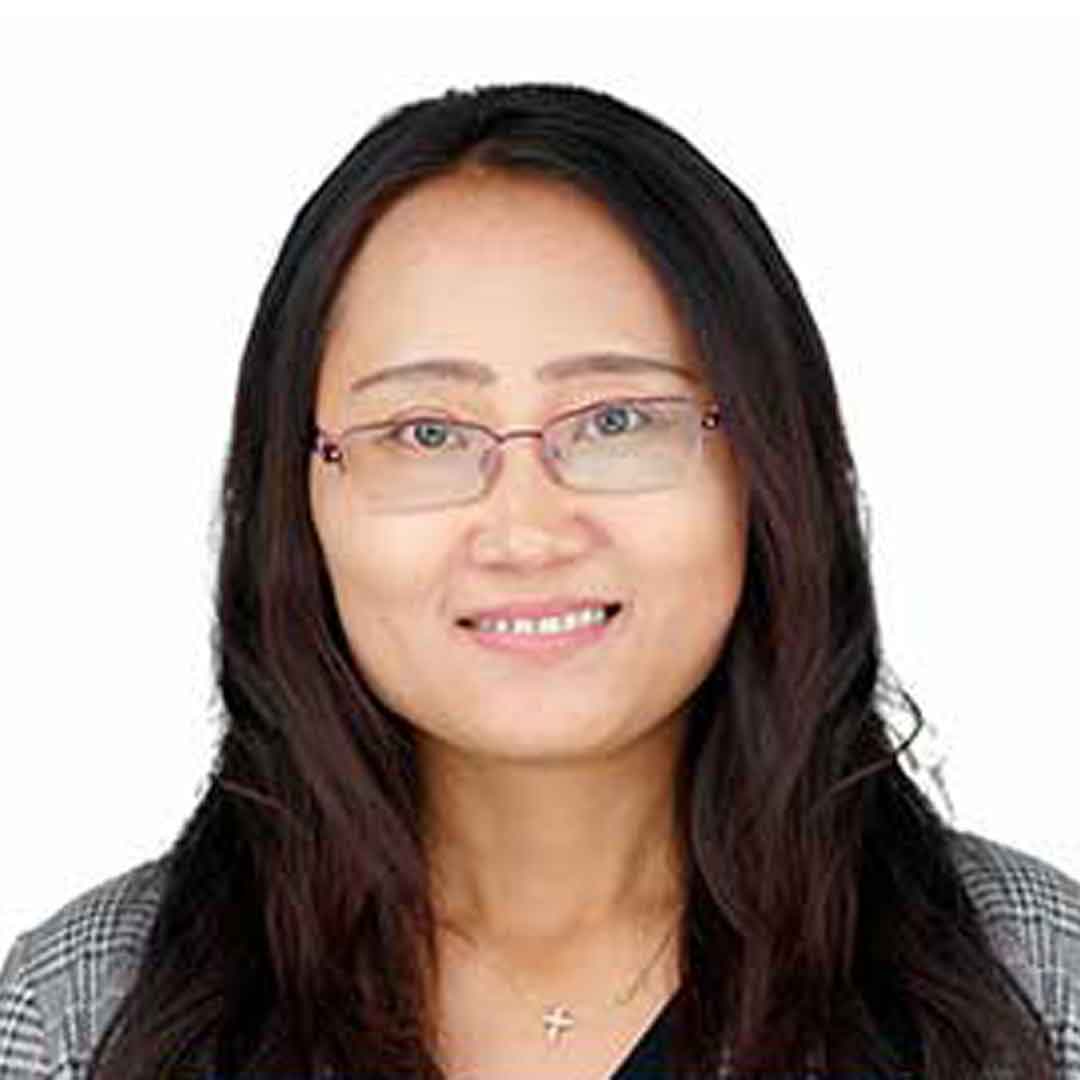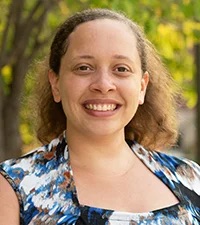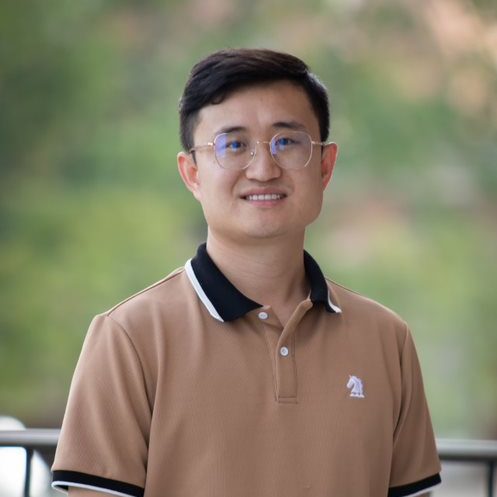The Management Information Systems (MIS) focal area of the PhD in Operations Management degree is a full-time four-year program that prepares world-class research scholars in the MIS discipline. Information systems form the backbone of modern civilization, and it is self-evident that they play a fundamental role in shaping business and societal problems, be it at the individual, group, organizational, industry, or societal levels. Almost all such problems now emerge at the intersection of technology, people, and organizations, and as such the primary goal of the program is to develop MIS scholars who can apply a wide range of advanced qualitative and quantitative research methods and cutting-edge theories to solve the most-pressing socio-technical problems we face today.
Students selected in our program get an opportunity to learn from and collaborate with renowned faculty working in diverse areas such as artificial intelligence, business information systems, cybersecurity management and privacy, the economics of information systems, electronic commerce, healthcare information systems, information systems development, online communities, and social media, among others. Our faculty regularly publish in premier MIS and Management journals and conduct high quality grant-funded research with direct societal impact. Our PhD program is highly collaborative, supportive, and student-centric. We provide extensive support and individual mentoring to create a conducive environment for your personal growth as a scholar and become our lifelong colleague. We welcome applicants from all cultural and social backgrounds and geographical regions across the globe.
Our distinguished PhD faculty, experts in diverse fields of Management Information Systems, guide aspiring scholars through cutting-edge research methods, fostering a collaborative and supportive environment for academic excellence and personal growth.
Upon admission, each student is assigned a faculty member as a “formal advisor” who guides them through the complexities of the program, helps them create a program of study (i.e., courses to take), and keeps them on track. The formal advisor may or may not be their eventual “dissertation advisor.” Students are expected to identify their topic of research and their dissertation adviser for their PhD thesis on their own. Students must complete 36 hours of non-dissertation credits, equivalent to 12 doctoral-level courses, within the first two years of the program, with a minimum GPA of 3.0. These include core-MIS doctoral courses as well as advisor-approved electives.
Students are also expected to work as Graduate Teaching Assistants (GTA) for up to 20 hours per week for their monthly stipend. GTA work allows hands-on interaction with undergraduate and graduate students, observing and learning teaching methods from faculty, with the goal of preparing PhD students to teach a class on their own before graduation in order to build the teaching part of their resume and skill set.
In addition to the coursework and GTA expectations, the program includes the following core requirements:
The PhD program includes a “research readiness” component to immerse students in research in their first year itself. Students may continue to work on the same topic and/or with the same advisor(s) or change based on their experience.
First year requirement: At the end of the first semester, students are required to present a topic analysis or an initial proposal of research. The topic analysis gives them practice in
A successful presentation of the topic analysis in the first semester is required to move forward in the program.
In the second semester, students will build on their topic analysis to develop a formal proposal in the form of a short paper.
In addition to the elements in the topic analysis, students will be evaluated on their competency in the following areas:
The short paper is expected to have the potential to be developed toward a conference submission in the second year. The successful completion of the research presentation and a short paper in the second semester is required to move forward in the program.
Second year requirement: In the second year of the program, each student shall conduct research in collaboration with a faculty member to develop a full research paper and submit it to a conference. The research study may build on the topic analysis, or the short paper developed in the first year or on a paper developed as part of a student’s course work. A successful completion of the research presentation and a conference paper submission in the second year is required to move forward in the program.
In the summer after their fourth semester, students take a comprehensive exam that covers a broad range of topics. Each student is expected to create an extensive reading list of scientific papers from which faculty members create questions. Students who successfully clear the exam become PhD candidates and move to the dissertation phase.
During their third year, students are expected to propose their dissertation topic and identify a dissertation committee consisting of four internal faculty members and one external member (who could be from a different department or another university). The proposal is done under the supervision of their dissertation advisor. The proposal document should provide in sufficient detail a motivation for the specific research questions, relevant literature review, theoretical approach, hypotheses to be tested, and data and methods to be used in the thesis. Once the student successfully defends their proposal, writing their dissertation is the final test of their research skill. The final defense is scheduled in the fourth year.
All accepted students are provided full-tuition support, health insurance, and a monthly stipend for their work as a Graduate Teaching Assistant (GTA) for 4 years as long as they remain in good academic standing. To be eligible for the program, applicants must have completed a bachelor’s degree in information systems, computer science, business analytics, statistics, engineering, management, or a related area from a regionally accredited college or university or from a recognized university abroad. Preference will be given to applicants who have graduate degrees or have industry or research experience. Prior knowledge of statistics, analytics, and programming should be highlighted by the applicant. Applicants are required to submit the following materials:
While we typically expect candidates to have high GPAs (3.0 or above) and GMAT scores above 600 (or equivalently, a GRE score above 312), please keep in mind that we consider a broad range of criteria while making an admission decision, including, but not limited to: prior education, professional or research experience, analytical and technical skills, verbal and writing proficiency, letters of recommendation, statement of purpose, and interviews. The PhD program requires a full-time commitment for a period of 4 years. Thus, an ideal candidate is one who is self-driven, resilient, and willing to learn, passionate about solving complex socio-technical problems, and has an exceptional interest in conducting high quality research in the long term.
Applicants should apply via the UA Graduate School application system.
Please note that the MIS focus area of study falls under the Ph.D. in Operations Management. As such, please select Ph.D. in Operations Management as the main program and designate MIS as your focal area of research interest both in the application process and in the statement of purpose.
A complete application package should include all materials listed above. Applications must be submitted by January 1st for Fall admissions.
Inquiries about the MIS focal area of study should be directed to Dr. Mikko Siponen, at tmsiponen@ua.edu.





Worked in Healthcare Pharmaceuticals Limited at Bangladesh for 1 year as an ERP System Engineer at MIS department. Completed 6 months internship at World Bank funded project as an AR/VR (Augmented Reality and Virtual Reality) developer in Business Advertising Sector.
Are you ready to gain the Manderson Advantage?

This website uses cookies to collect information to improve your browsing experience. Please review our Privacy Statement for more information.